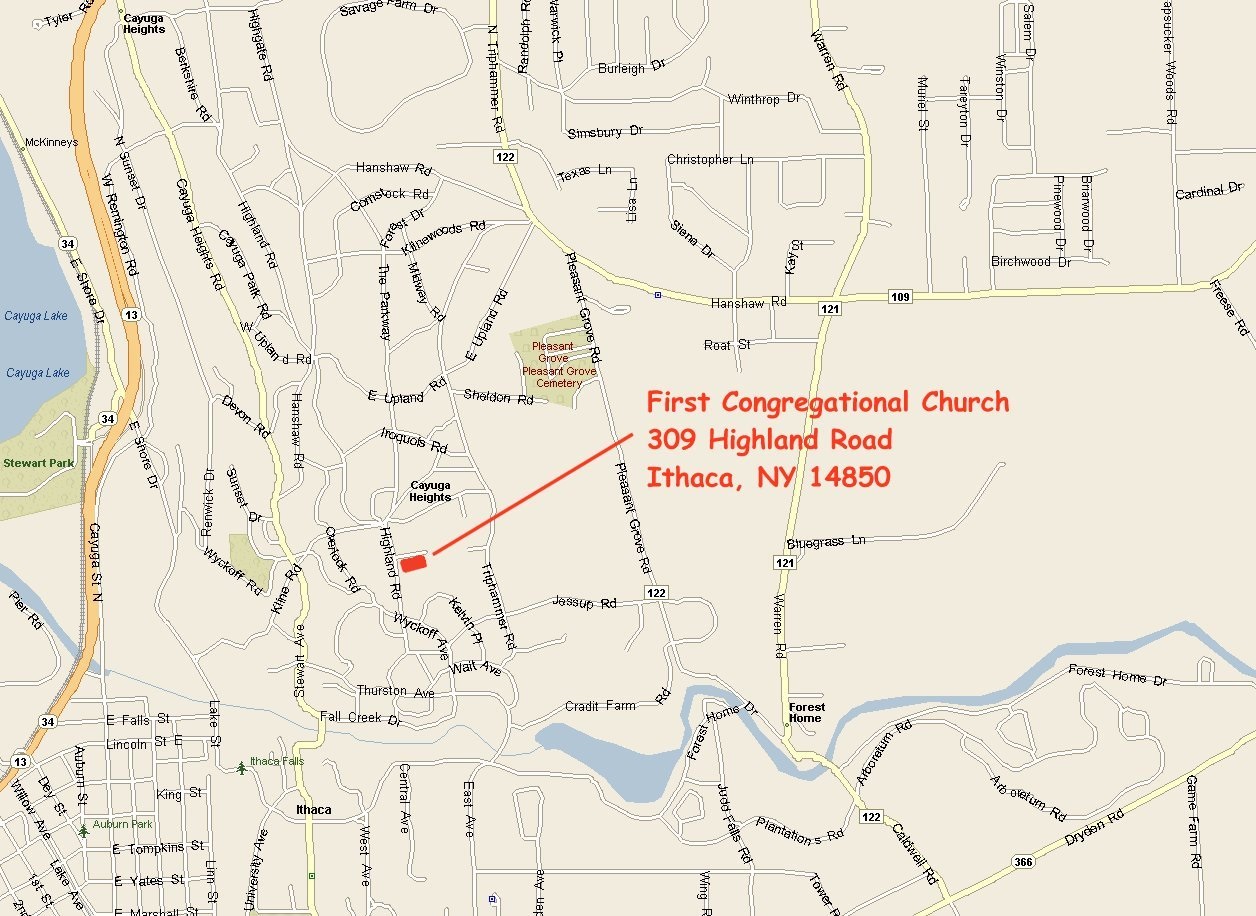Information
This information provides a general overview of our scouting program, as well as the general methods of the Scouting movement.
Scouting is fun outdoor-oriented activity.
Scouting programs challenge each scout to work with other scouts, develop a wide range of skills, and learn to be a leader.
- David Mohler, Scoutmaster
Where to Find Us

Troop 2 Adult Leaders
David Mohler, Scoutmaster Tim Bael, Assistant Scoutmaster Breton Bienvenue, Assistant Scoutmaster Gordon Holloway, Assistant Scoutmaster Russell Posegate, Assistant Scoutmaster Bob Reed, Assistant Scoutmaster Robin Stedinger, Assistant ScoutmasterMatthew Stedinger, Assistant Scoutmaster Ben Brown, Unit CommissionerTroop 2 Committee
Jasmine Wagner, Committee Chair Timothy Riley, Treasurer Mary Ellen Stewart, Chartered Organization Representative Sandra Thananart, Advancement Chair Liesl Margolin, Committee member Margaret Royall, Committee member
Troop 2 Scouting Program
Troop meetings are held at the First Congregational Church in Cayuga Heights on Monday evening 6:30 to 8:30.
Troop 2 attends Camp Massawepie every year for summer camp. We also attend at least one weekend of Badges at Barton each summer. Scouts may go to Camp during other weeks on a provisional basis.
Troop 2 attempts to have one campout or other outdoor event every month. This includes overnight backpacking trips, snow camping, district camporees, and January Klondike Derby. Sometimes weather requires that an event be rescheduled or restructured. We have hiked and canoed in the Adirondacks, on the Finger Lakes Trail and along the Erie Canal. Every few years, Troop contingents go to Philmont Scout Ranch in New Mexico or to other high adventure programs.

Join the Troop
To join the Troop a scout needs to fill out a BSA registration form and the BSA medical form. Special medical forms are required for summer camp.
Troop email: ithacatroop2@gmail.com
Annual dues are $65 for scouts in the fall payable in September, and $65 in the spring unless covered by participation in Troop fundraisers. Dues cover only a portion of our costs for each scout. (Costs include National dues and insurance, some camping fees, and costs for awards, training & equipment). To cover the remainder of its costs the Troop participates in several fundraising activities during the year. Popcorn and holiday wreath sales have been the most successful. Scouts who participate in fundraising activities earn credit into their "scout account", generally 20% of gross sales. This scout account is used to pay the spring dues of $65 if sufficient. Additional credit can be used for Summer camp fees, or costs of other activities. The cost of trips and equipment should not prevent scouts from participating. If camping costs or equipment are a problem for your family, please talk to the troop treasurer or scoutmaster. Scholarships are available.
Dues for registered cub scouts joining in the spring are $75 to reflect our costs.

Advancement
Troop 2 promotes the BSA advancement program. Special merit badge and first-year advancement are usually scheduled from 6:30 - 7:00 at the weekly meeting .
Scouts work toward the ranks of scout, tenderfoot, second class, first class, and then star, life and eagle. Troop 2 has an exemplary first-year scout program through which younger scouts work with older scouts and adults to learn basic scouting skills (camping, hiking, cooking, first aid, knots, and citizenship) and scouting values.
Parents do not sign advancement requirements as they may have in cub scouts, although parents are encouraged to help their scouts learn the material. In general, an older scout is responsible to teach and test younger scouts on the skills and activities needed to earn the beginning ranks. This is part of the older scouts responsibilities. The ranks of star, life and eagle require that scouts earn merit badges, which requires that they work with adult merit badge counselors. The Troop and the Council are always looking for adults who are willing to serve as merit badge counselors.

BSA Scout Methods
1. Scouting is a fun activity leading to personal growth.
2. Scouts work in patrols requiring cooperation, team work, and organization.
3. Patrols and the troop are led by youth leaders (scouts).
4. The scoutmaster and his assistants provide guidance and a positive adult example.
5. Outdoor activities are fun and give scouts an opportunity to develop and test new skills, to learn about the outdoors, and to work as patrols.
6. The advancement program challenges scouts to learn new skills, and to gain self-confidence and recognition for their achievements.
7. The scout uniform allows the scout to identify with the scouting movement and to have a positive self image. It reflects his commitment to scouting and its aims.
8. The ideals of scouting are exemplified by the scout oath, law, slogan, and motto.

Scout Law - A Scout is

Discipline Policy
Troop 2 strives to teach Scouts to live by the principles exemplified in the Scout Oath and Law. Scouting should be fun and challenging while providing a safe and supportive environment in which Scouts can learn and grow without unnecessary roughness, physical or verbal intimidation, foul or offensive language or disrespectful behavior. All Scouts should help build Troop unity and an effective, enjoyable program.
